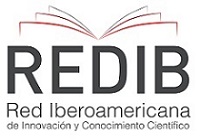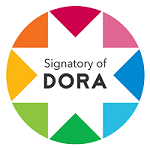Monoclonal antibodies: applications in infectious diseases
DOI:
https://doi.org/10.33734/diagnostico.v60i4.332Keywords:
Monoclonal antibodies, Infectology, SARS-COV-2Abstract
Therapy based on preformed antibodies precedes the use of antibiotics in infectious diseases. They are classified into monoclonal and polyclonal antibodies, and can be administered prior to contact with the infectious agent (preexposure) or post-exposure (post-exposure). A classic example of pre-exposure therapy is the humanized monoclonal antibody palivizumab used in high-risk newborns against Respiratory Syncytial Virus (RSV) infection. Similarly, ansuvimab and the 3-monoclonal antibody complex (atoltivimab, maftivimab and odesivimab) called inmazab, approved for use in Ebola; as well as ibalizumab and bezlotoxumab, approved for use in HIV infection and Clostridioides difficille disease, respectively, are examples of monoclonal antibodies designed for the treatment of difficult-to-treat viral or bacterial infections. The use of these monoclonal antibodies has demonstrated, in different clinical trials, their efficacy in reducing mortality, hospitalization rate, recurrence and hospital stay.



























